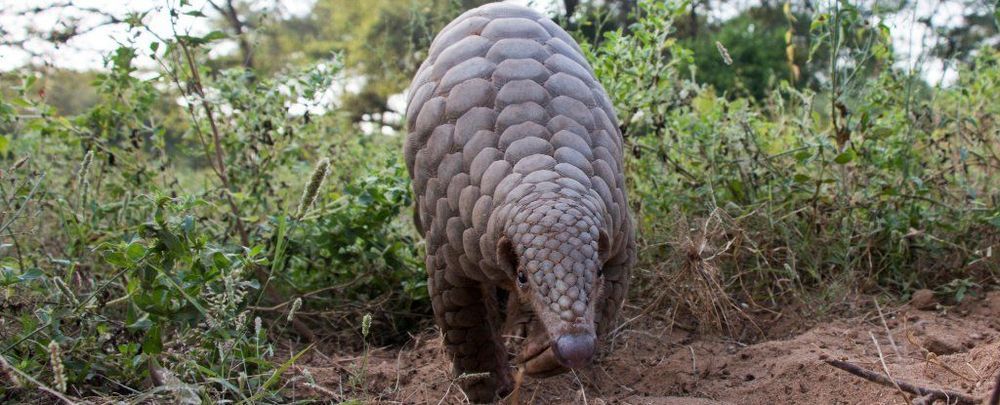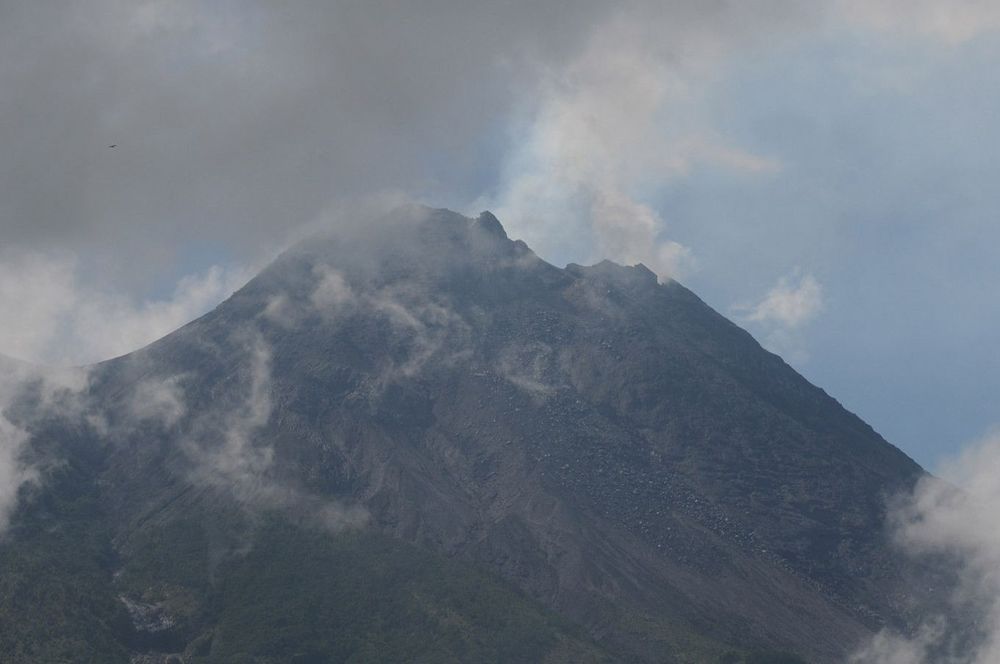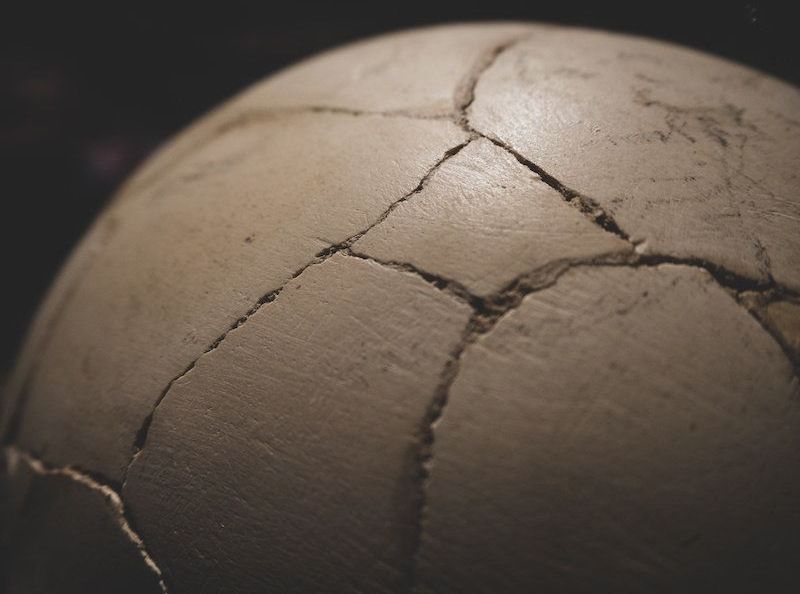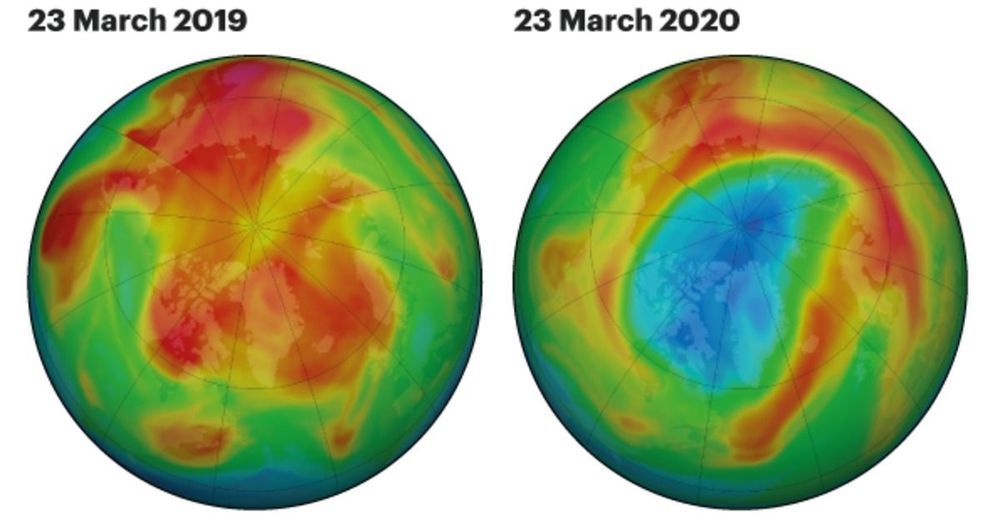An international team of scientists led by the University of the Witwatersrand in South Africa, has been able to reconstruct, in the smallest details, the skulls of some of the world’s oldest known dinosaur embryos in 3D, using powerful and non-destructive synchrotron techniques at the ESRF, the European Synchrotron in France. They found that the skulls develop in the same order as those of today’s crocodiles, chickens, turtles and lizards. The findings are published today in Scientific Reports.
University of the Witwatersrand scientists publish 3D reconstructions of the ~2cm-long skulls of some of the world’s oldest dinosaur embryos in an article in Scientific Reports. The embryos, found in 1976 in Golden Gate Highlands National Park (Free State Province, South Africa) belong to South Africa’s iconic dinosaur Massospondylus carinatus, a 5-meter long herbivore that nested in the Free State region 200 million years ago.
The scientific usefulness of the embryos was previously limited by their extremely fragile nature and tiny size. In 2015, scientists Kimi Chapelle and Jonah Choiniere, from the University of Witwatersrand, brought them to the European Synchrotron (ESRF) in Grenoble, France for scanning. At the ESRF, an 844 metre-ring of electrons travelling at the speed of light emits high-powered X-ray beams that can be used to non-destructively scan matter, including fossils. The embryos were scanned at an unprecedented level of detail — at the resolution of an individual bone cell. With these data in hand, and after nearly 3 years of data processing at Wits’ laboratory, the team was able to reconstruct a 3D model of the baby dinosaur skull. “No lab CT scanner in the world can generate these kinds of data,” said Vincent Fernandez, one of the co-authors and scientist at the Natural History Museum in London (UK).








